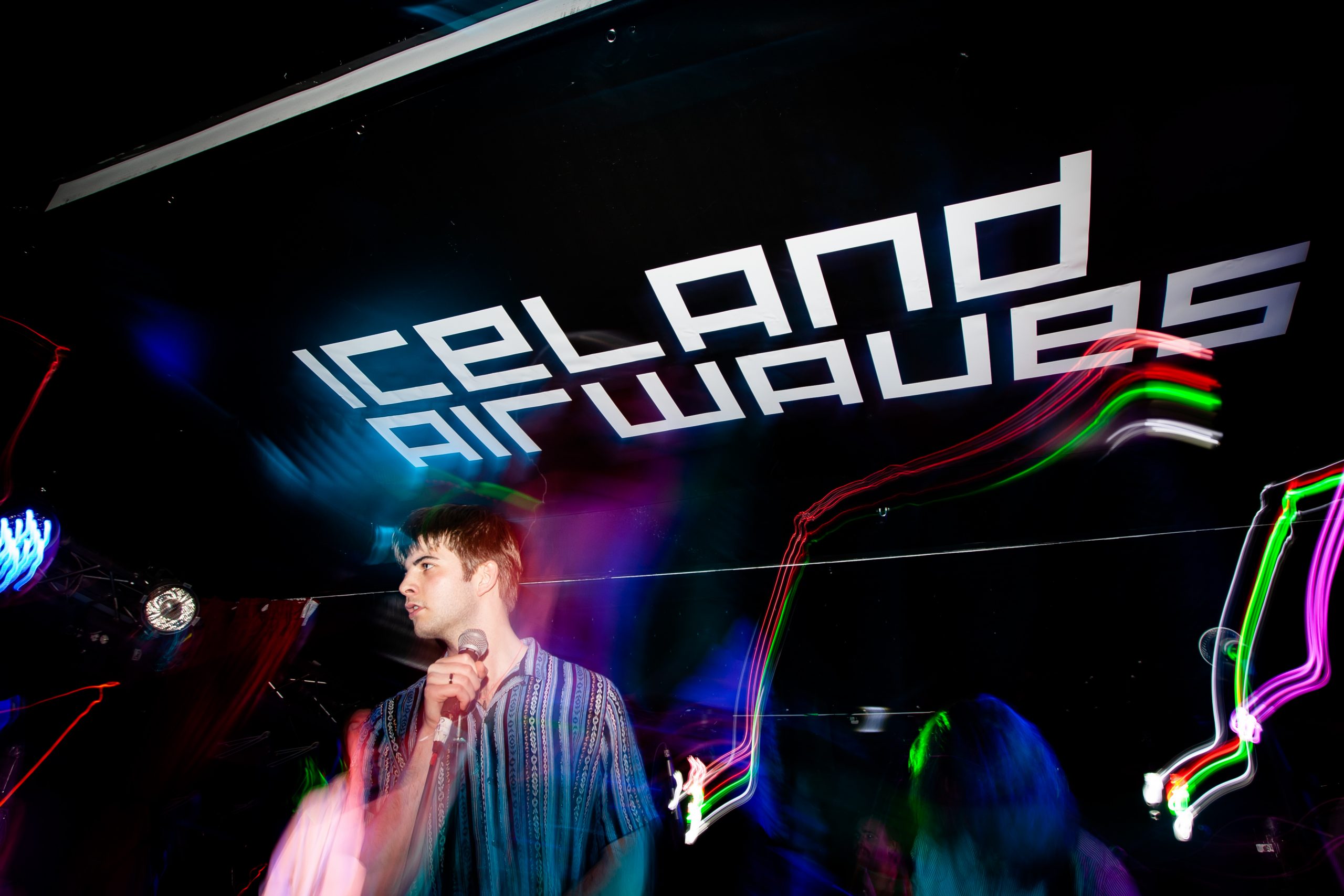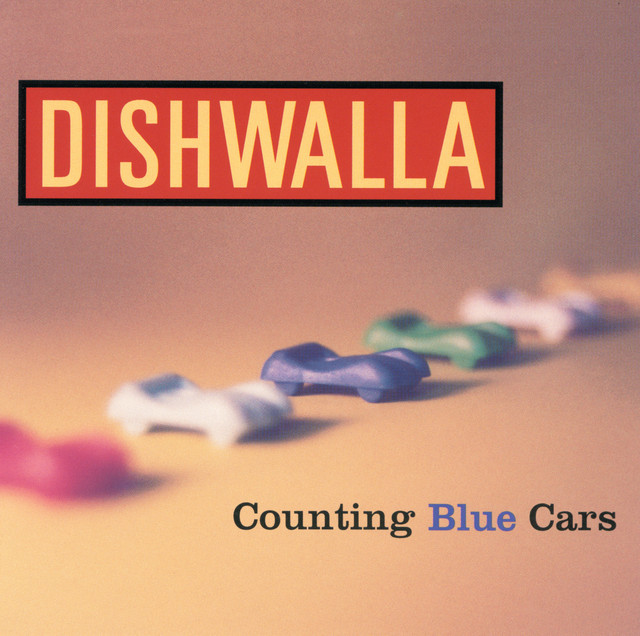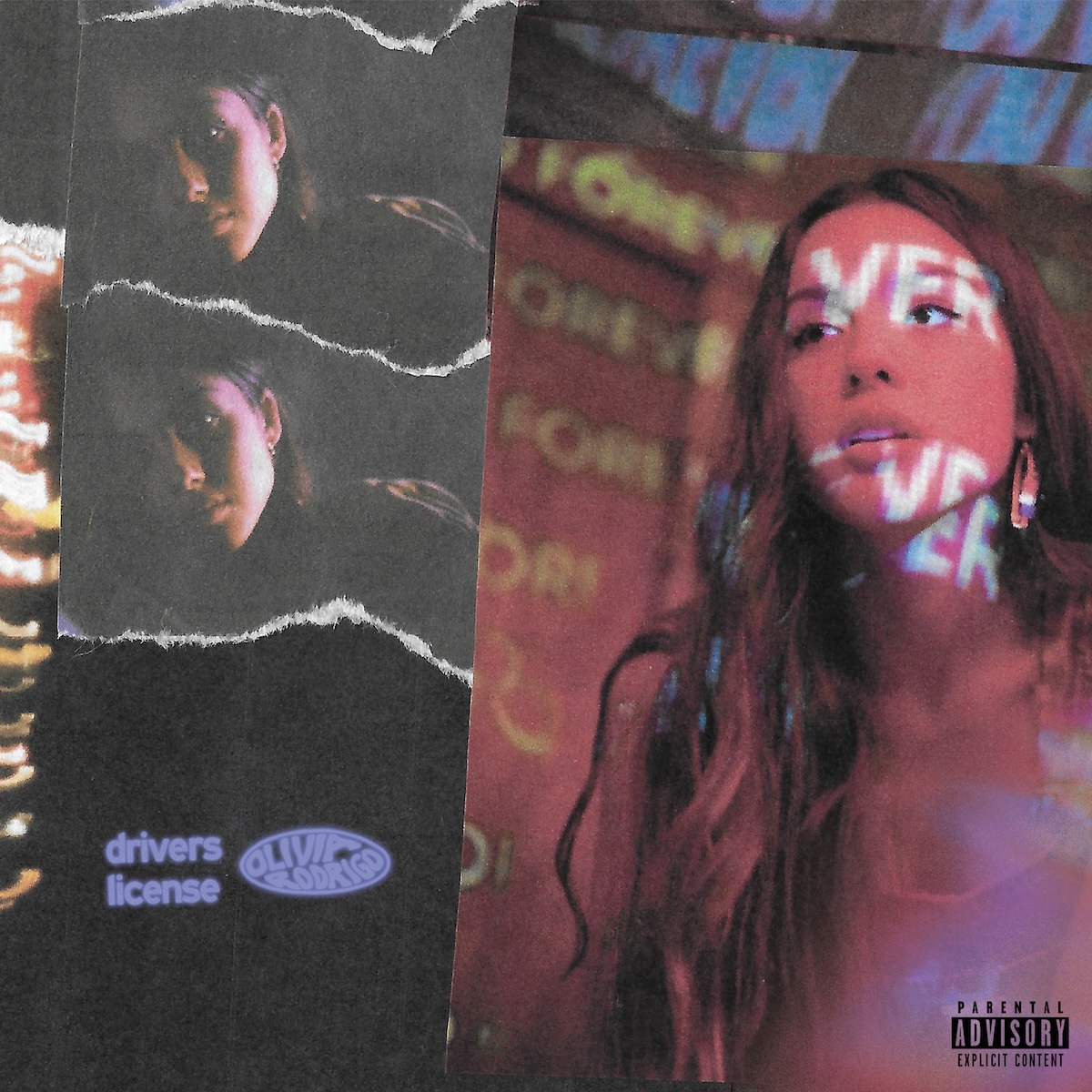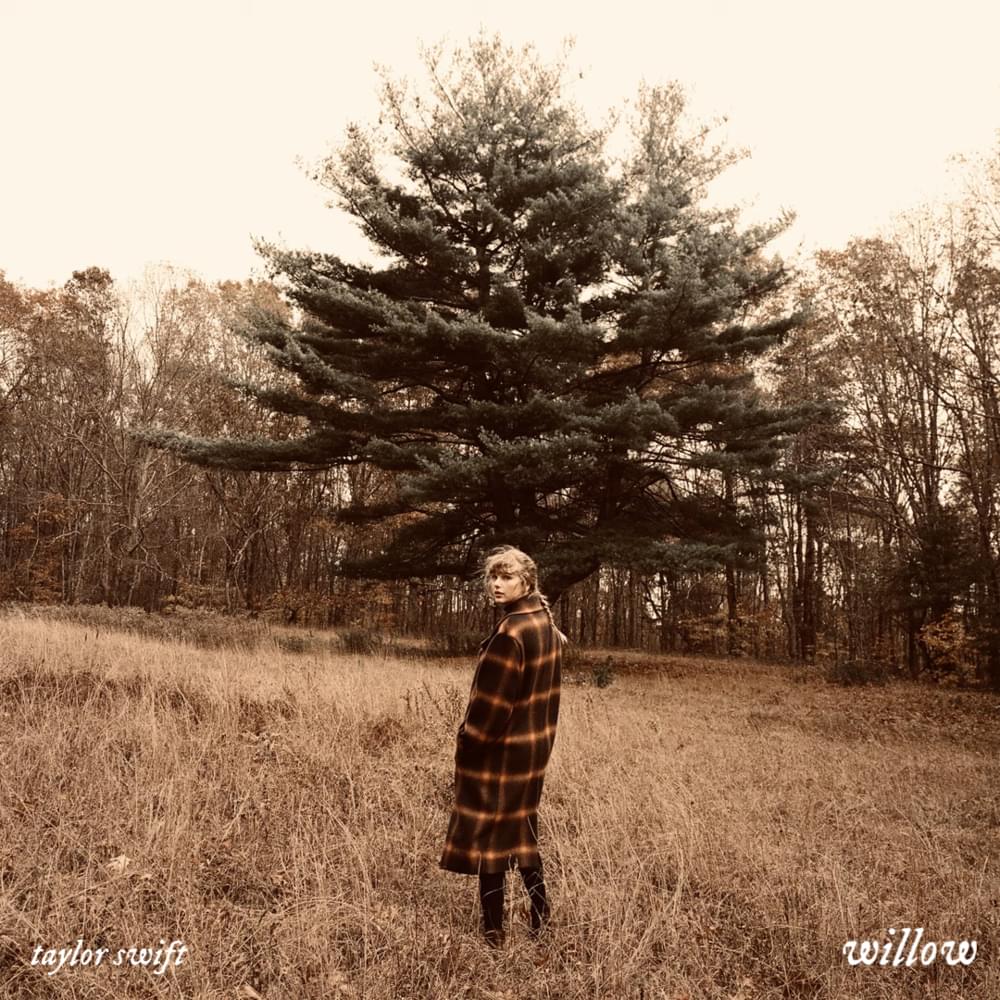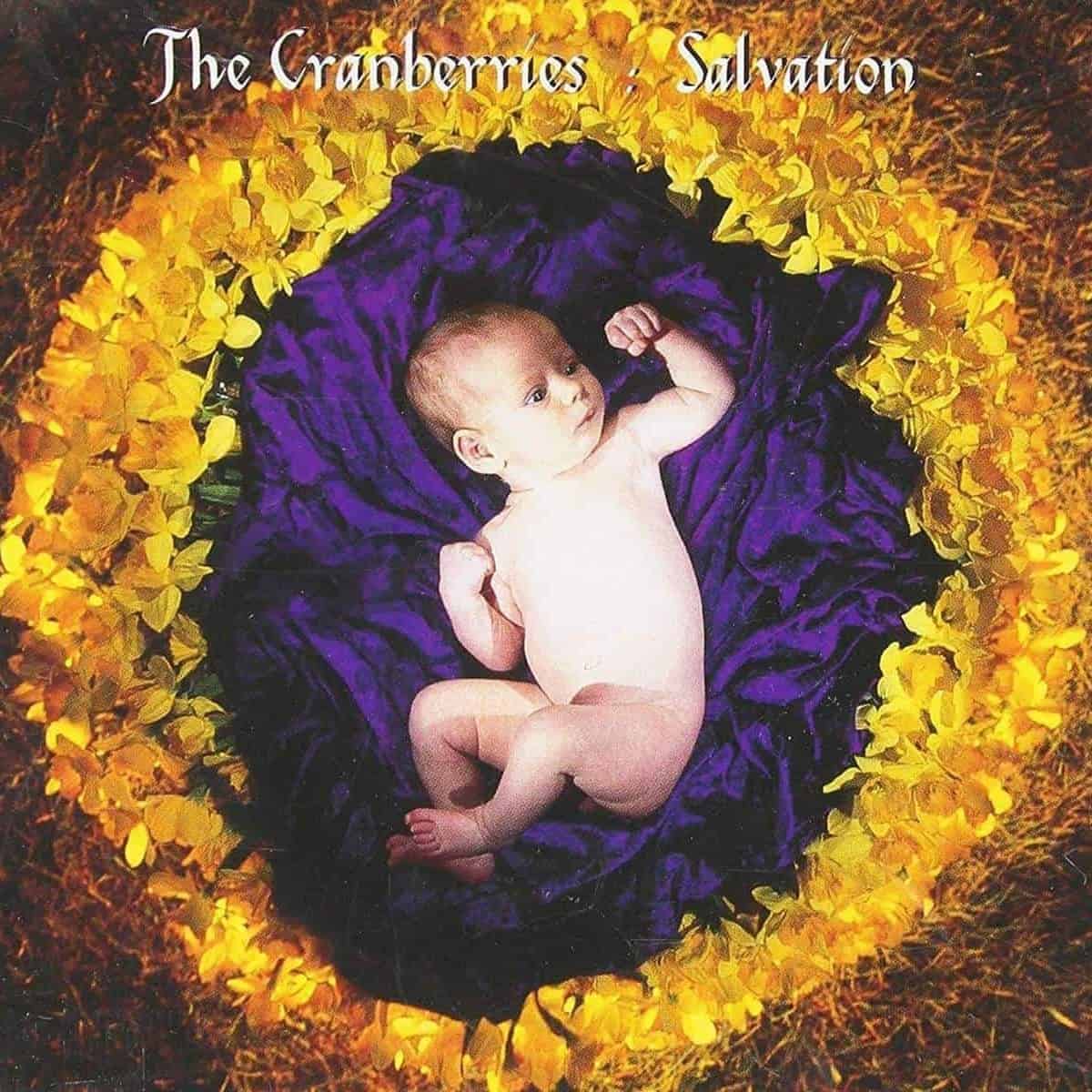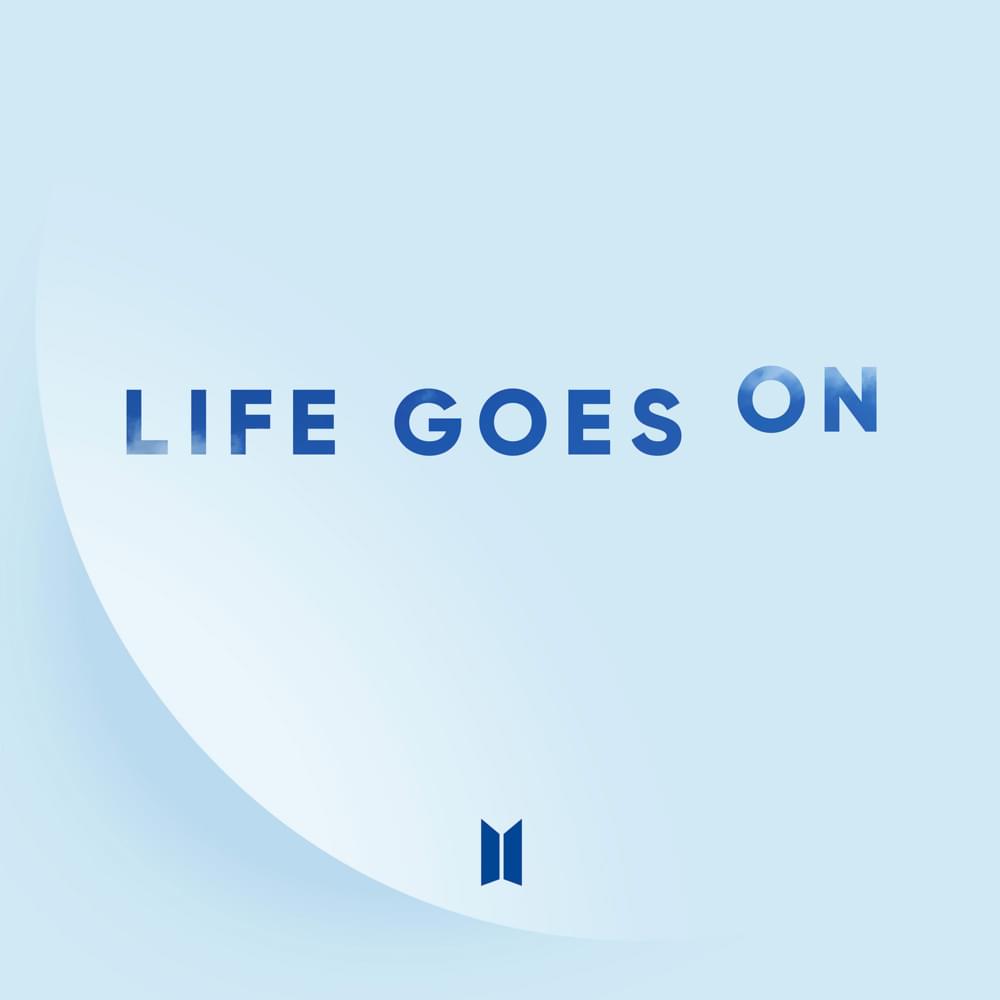Far from its origins as a small event in an airplane hangar, Iceland Airwaves has steadily ballooned into an all-encompassing experience that takes over Reykjavik for several days every November, drawing in industry people and tourists alike from around the world. This year marked its 20th anniversary, and you could feel that history, and all the changes that came with it, in the latest iteration of the festival.
There was a transition between Iceland Airwaves 2017 and Iceland Airwaves 2018, with new people taking over the event. In any occurrence like that, longtime fans and visitors could be worried that some core aspect of a festival's spirit will be lost. But to the contrary, it often came across like Iceland Airwaves 2018 was getting back to its roots. If you asked anyone who'd been coming for 10 or 15 years, they said this year reminded them more of those earlier days than the past several years of Airwaves, during which local talent competed with a wide array of international acts big and small.
Of course, the whole point of Airwaves has often been to throw a big party showcasing all the great musicians active in Iceland. And after cutting back on the amount of international names last year, the 2018 installment of the festival seemed to really commit to this idea. There were still buzz-worthy names from afar -- Blood Orange was positioned as the big headliner on Saturday night while Julian Casablancas And The Voidz ruled over Friday, and ascendant acts like Snail Mail and Soccer Mommy appeared. But the latter were more indicative of the festival's angle: This year was about new, young artists, and primarily it was about new, young artists popping up from around Iceland.
So, in keeping with the spirit of the festival this year, many of the artists below are still lesser-known in the grand scheme of things. Some of them are generating a lot of hype in Iceland or elsewhere in Europe, some are still in their earlier days, and some of them are veterans in their home country. Some came from elsewhere, but most of them are Icelandic. But what these names all have in common is that they helped define Iceland Airwaves 2018, as the festival transforms once more and sets its sights on a new chapter in a new decade.
Mammút
For years now, Mammút have been one of the primary young names in the Iceland scene. Last year, one of their Airwaves sets was so over capacity that the mayor of Reykjavik even got turned away. This year, as the fest just started to rumble to life on Wednesday afternoon, they played a secret event at a gallery space further removed from the action downtown. Formerly a seedy strip club, one of the gallery's rooms held a defunct bar and lots of plush upholstery drenched in red and purple Suspiria-style lighting. The band played a stripped-down set of highlights from last year's Kinder Versions, aided by two women dressed as androids of sorts.
Two days later, Mammút returned to Gamla Bíó, the site of their super-packed show last year. If the gallery set was the sort of weird, artsy event that welcomes you back to Airwaves, the Friday night set was the roaring, triumphant full-band gig that reminds you why Mammút is so beloved here. The set peaked when they arrived at "Kinder Version," its searching verses boiling over into its techno-laced finale.
Kælan Mikla
It usually isn't hard to find your fair share of post-punk or brooding electronics at Iceland Airwaves. But it's rarely as good as Kælan Mikla. The group recalls the gothier corners of new wave, and their set at Iðnó -- a sort of old house on a lake -- made use of the room's ambience, filling it with all sorts of chilly synths and haunting-yet-catchy vocals. Fittingly enough, they have a fan in Robert Smith, who asked them to play the Cure's 40th anniversary show.
Tierra Whack
Rap is more and more popular in Iceland, with plenty of homegrown artists springing up. But with all due respect to the country's burgeoning scene, if you were looking for a great rap set at Airwaves 2018, Tierra Whack was who you had to see. One of the small handful of buzzy American artists on this year's bill, she delivered a set that was exhilaratingly fun, she and her DJ trading jokes in between songs and just generally seeming to be blown away that they were performing in Iceland.
Fontaines D.C.
I first came across Fontaines D.C. at Hard Working Class Heroes, a Dublin-based event similar to Airwaves in that it aims to showcase emerging local artists, though it's much smaller. They were a fairly new band then, in the fall of 2017, and they were already being talked up as the next big thing out of Dublin. Another year has only seemed to confirm that they have the potential to be rising stars, given how cathartic and engaging their performances are.
Fontaines D.C. kicked off their Airwaves stint with a KEXP live session at one of the festival's off-venues, Kex Hostel. There, they ran through their recent array of singles. But it was their show the next night, at the dive-y rock club Gaukurinn, that really left a mark. They unveiled a bunch of new songs, some trading in the same literary post-punk of what they've released so far, and some suggesting a kind of broken-down Britpop beauty. They came across like stars already, and they're a name to look out for next year as they continue to release more music.
https://youtube.com/watch?v=X4GxFc2cjsI
Nadine Shah
Touring behind her Mercury Prize-nominated 2017 album Holiday Destination, Nadine Shah was one of the more enigmatic and mesmerizing performers at Airwaves this year. Her set further pushed the boundaries of her already hard-to-classify style. There were flashes of jazz and R&B, trippier synth passages, and some songs that came across like trip-hop in a live setting. It was the kind of performance that leaves you wondering how Shah isn't already a bigger name Stateside, and wondering how long it'll take for that to happen.
Between Mountains
Last year, Between Mountains were one of the hyped-up names at Airwaves: The young duo had just recently formed to compete in (and, later, to win) Iceland's Battle Of The Bands. Already, they seemed ahead of where they should be. One more year on, they come across as even more assured and adept at their brand of melancholic folk-leaning music. At their set at Gamla Bíó on Friday night, it seemed as if an expanded lineup had given their music whole new dimensions.
Fufanu
Every year, one of the focal points of Airwaves is Fufanu. Their mix of post-punk, electronic music, and psychedelia seems to perfectly sum up various corners of Iceland's music scene while simultaneously sounding nothing like anything else that's going on here. And they never seem to stop: a debut EP and LP in late 2015, quickly followed by their sophomore album Sports in early 2017, and then a collection of EPs across this year recently collected as a new album called The Dialogue Series.
Fufanu keep mutating their sound incrementally with each new release, and The Dialogue Series pushes their music further into a sort of groggy, up-all-night electronic atmosphere. Live, as always, they are more unhinged, more forceful, than they are on record. The new songs throbbed to life, the old punk fury of their earlier shows instead translated into a synth-pop swagger. Kaktus Einarrson was, as usual, a consummate frontman; he even managed to pull off playing a keytar through about half the set.
JFDR
Similar to Fufanu, JFDR is an artist that has become prominent enough to act as a headliner in her home country. Part of that comes from the fact that Jófríður Ákadóttir, though still in her early 20s, has been a fixture of Iceland's music scene for almost 10 years. After years spent in various bands and regularly earning accolades for being so prolific, Ákadóttir struck out on her own to make music that is often minimal and painfully beautiful.
If you've been to Airwaves before, chances are you've seen JFDR in all kinds of iterations. Full-band arrangements with dramatic crescendoes usually absent from her music, just her and another person playing acoustic guitars, accompanied by strings, etc., etc. Her music is so spare that she can often transform it according to the needs (or opportunities) of any particular gig.
This time around, she played on Saturday night, in one of the weekend's headlining slots, backed by three other musicians switching between guitars, cello, and electronics. Hearing the highlights from her 2017 debut Brazil was great as usual, but JFDR already has plenty of new music to perform. During Airwaves, she released an EP in the form of a chocolate bar in collaboration with a local Reykjavik chocolate company, and she also debuted two other new songs. One of them had a surprisingly poppy chorus hidden within all the whispery electronics, and it was a promising hint of what's to come from one of Iceland's most celebrated young songwriters.
Pink Street Boys
There were plenty of big things happening Saturday night, but there did seem to be a slightly quieter timbre to the night compared to the final evenings of Airwaves past. Many gathered for Blood Orange, and then scattered around town. And if you came across it, Pink Street Boys' very late-night set at Gaukurinn wasn't quiet at all. Each year, this band rolls through whichever venues they're playing like a deranged rock fever dream. Their sound is heavy and breakneck and catchy and unrelenting. In other words, it's the exact kind of thing you need if you're still watching bands play at 2:30 in the morning.
A Tribute To Jóhann Jóhannsson
Iceland Airwaves technically ended on Saturday night this year, but there was still plenty of music to be found on Sunday for people who stuck around town. One of the more under-the-radar options was another KEXP event in which a selection of Icelandic musicians paid tribute to Jóhann Jóhannsson, the acclaimed Icelandic composer who died earlier this year. The musicians included Aparat Organ Quartet, Ólöf Arnalds, and Jóhannsson's father, among others; the renditions ranged from intense krautrock-tinged freakouts to string quartets to fragile piano and vocals. It was all strikingly gorgeous, a fitting tribute to one of the major film composers of our time.
If you still had the energy, there were shows well into the night -- including riotous sets from GRÓA and Hórmónar at Gaukurinn. Whatever you came across on Sunday, it was a fitting ending to the 20th year of Iceland Airwaves, a collection of local artists continuing on right after the frantic energy that had just taken over Reykjavik.
